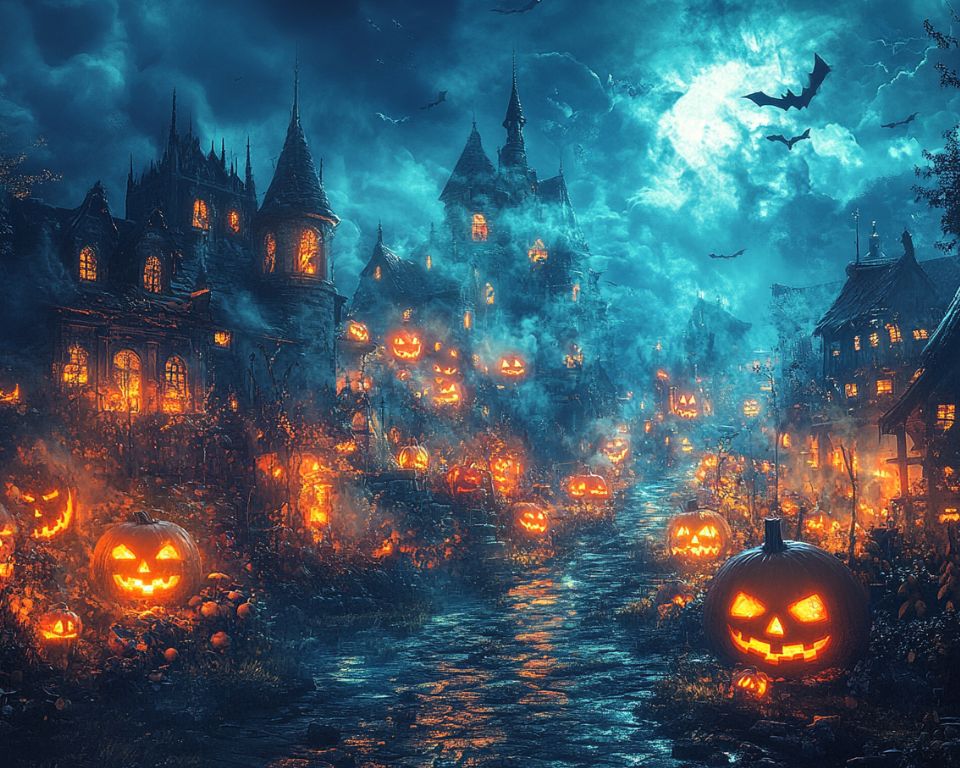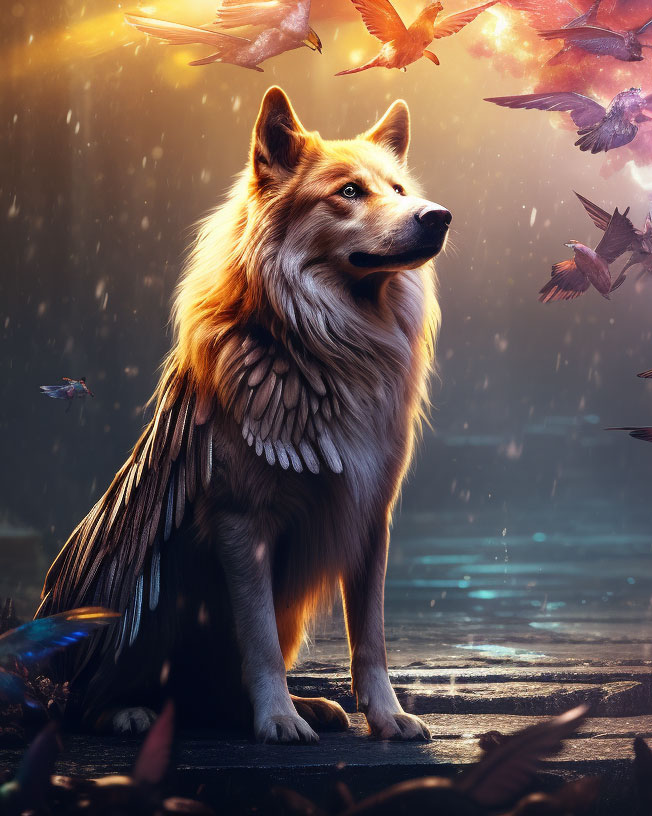Halloween is more than just a night filled with costumes and candy. It has a rich history and deep meaning that many people might not know.
In this article, we will explore the origins of Halloween, its evolution into a widely celebrated holiday, the various meanings it holds today, the fun traditions that come with it, and how different cultures around the world celebrate.
There is a lot to discover, and by the end, we hope to have a better understanding of what Halloween truly means.
Key Takeaways
- Halloween has its origins in ancient Celtic traditions and has evolved over time.
- It symbolizes creativity, connection, and celebration in modern society.
- Common traditions include trick-or-treating, pumpkin carving, and costume parties.
- Different cultures celebrate similar festivals that honor the deceased.
- Halloween remains a unique time for community bonding and fun.
Origins of Halloween
Halloween traces its roots back to ancient traditions. It began with the Celtic festival of Samhain, which marked the end of the harvest season and the onset of winter.
During this time, people believed that the boundary between the living and the dead became blurred. They held rituals to honor their ancestors and protect themselves from wandering spirits.
Over the years, Halloween evolved to include Christian influences, especially with the celebration of All Hallows’ Eve, which is the night before All Saints’ Day. This blending of customs helped shape the Halloween we know today.
Halloween’s origins remind us of how traditions evolve while still holding on to their core meanings. This history can evoke a sense of connection to our past.
Meaning of Halloween Today
In modern times, Halloween is often seen as a fun festival. It represents creativity, community, and a bit of spookiness.
People enjoy dressing up in costumes, attending parties, and decorating their homes. Halloween allows us to let our imaginations run wild, whether it’s by creating a spooky atmosphere or crafting a homemade costume.
In many ways, Halloween has become a celebration of community and creativity. It gives us a chance to connect with our friends, family, and neighbors while embracing the playful spirit of the season.
Common Halloween Traditions
There are several traditions associated with Halloween that we all look forward to each year. These include:
- Trick-or-treating: Children dress up in costumes and go door-to-door asking for candy.
- Costume parties: Friends gather to celebrate in themed outfits.
- Pumpkin carving: Families create jack-o’-lanterns to display on porches.
- Haunted houses: Attractions that offer spooky experiences for those seeking thrills.
- Decorating: Homes are adorned with cobwebs, skeletons, and other spooky items.
These traditions bring people together and make the Halloween season memorable. They allow us to express ourselves and bond with others through shared experiences and laughter.
Celebration Around the World
Although Halloween is most commonly celebrated in the United States, many cultures around the world have similar festivals.
For instance, in Mexico, people celebrate Día de los Muertos or the Day of the Dead. This holiday honors deceased loved ones with colorful altars, offerings, and celebrations.
In other cultures, such as in China, the Ghost Festival is celebrated to appease wandering spirits.
Each culture may have its unique way of remembering the past and honoring those who have passed, showcasing the universal themes of remembrance and connection.
Conclusion
Halloween holds a rich tapestry of meaning that weaves together history, culture, and fun. From its ancient Celtic roots to the vibrant celebrations of today, we can appreciate how this holiday has evolved.
Whether we’re donning costumes, going trick-or-treating, or honoring loved ones, Halloween encourages us to embrace creativity and connect with one another.
Frequently Asked Questions
What is the history of Halloween?
Halloween began as a Celtic festival called Samhain, marking the end of the harvest. It combined with Christian traditions to form the holiday we know today.
Why do we wear costumes on Halloween?
Wearing costumes allows us to express creativity and take on different personas. It also connects to ancient traditions where people dressed up to ward off roaming spirits.
What are some popular Halloween traditions?
Popular traditions include trick-or-treating, pumpkin carving, costume parties, haunted houses, and decorating homes with spooky items.
How do other cultures celebrate Halloween?
Other cultures have similar celebrations, like the Day of the Dead in Mexico, which honors deceased loved ones, showing that the themes of remembrance and connection are universal.


